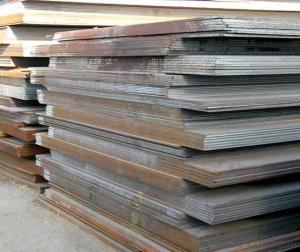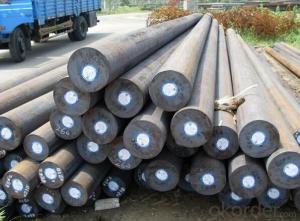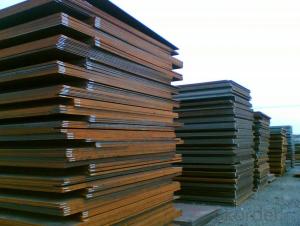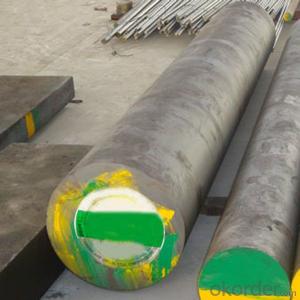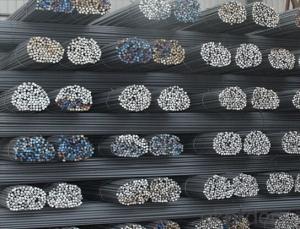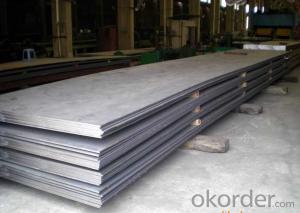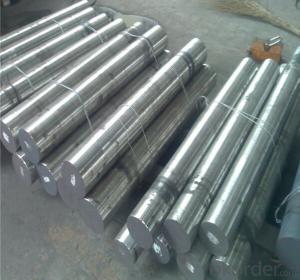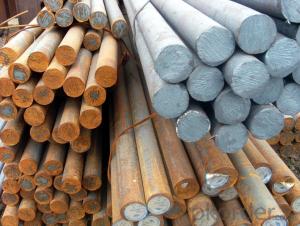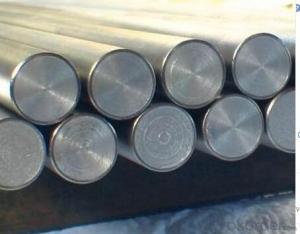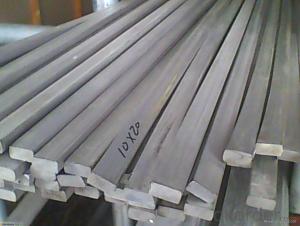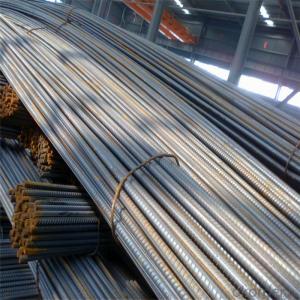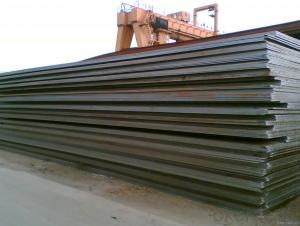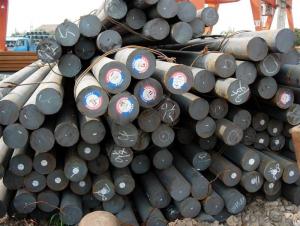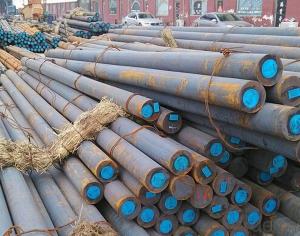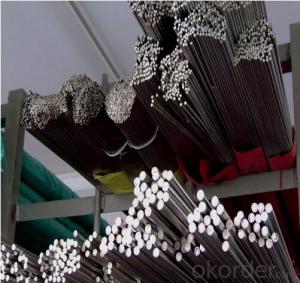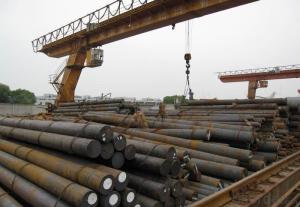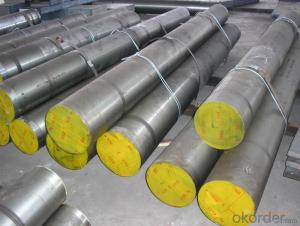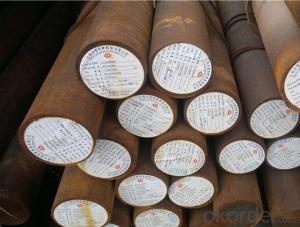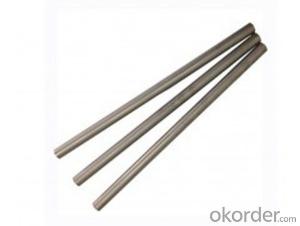All Categories
- - Steel Wire Rod
- - Steel Coils
- - Steel Profiles
- - Steel Pipes
- - Stainless Steel
- - Tinplate
- - Special Steel
- - Steel Sheets
- - Steel Rebars
- - Steel Strips
- - Hot Rolled Steel
- - Cold Rolled Steel
- - Pre-painted Steel
- - Seamless Steel Pipe
- - Welded Steel Pipe
- - Hollow Steel Tubes
- - Galvanized Pipe
- - Stainless Steel Coil
- - Stainless Steel Sheet
- - Stainless Steel Plate
- - Stainless Steel Strips
- - Electrolytic Tinplate Coil
- - Electrolytic Tinplate Sheet
- - Stainless Steel Rebars
- - Solar Panels
- - Solar Water Heater
- - Solar Related Products
- - Solar Inverter
- - Solar Cells
- - Solar Light
- - Solar Energy Systems
- - Solar Controllers
- - Solar Mounting System
- - Solar Pump
- - Solar Chargers
- - Fiberglass Chopped Strand
- - Fiberglass Mesh Cloth
- - Composite Pipes
- - FRP Pultrusion Profiles
- - Fiberglass Mat Tissue
- - Fiberglass Fabrics
- - Fiberglass Mesh
- - Composite Tank
- - Fiberglass Mesh tape
- - Polymer
- - FRP Roofing Panel
- - Fiberglass Roving
- - Monolithic Refractories
- - Ceramic Fiber Products
- - Refractory Bricks
- - Raw Materials For Refractory
- - Suspended Platform
- - Cranes
- - Concrete Machinery
- - Earthmoving Machinery
- - Building Hoist
- - Road Building Machinery
- - Plastic Pipe Fittings
- - Plastic Tubes
- - Plastic Sheets
- - Agricultural Plastic Products
- - Plastic Nets
 All Categories
All Categories
Q & A
What are the unique characteristics of maraging steel, and how does it compare to other special steel types?
Maraging steel is a unique type of steel known for its exceptional strength, toughness, and resistance to fatigue and corrosion. It derives its name from the aging process it undergoes, which involves a slow cooling and heating treatment that enhances its mechanical properties.
One of the most distinctive characteristics of maraging steel is its high strength-to-weight ratio, making it suitable for applications where weight reduction is critical. It also exhibits remarkable elasticity, enabling it to absorb significant amounts of energy without permanent deformation. These properties make maraging steel ideal for aerospace, defense, and high-performance applications.
In comparison to other special steel types, maraging steel stands out due to its superior strength and toughness. It can achieve higher tensile strength than other steels, including stainless and tool steels. Moreover, maraging steel retains its strength even at elevated temperatures, surpassing conventional steels that experience a drop in mechanical properties under such conditions.
Additionally, maraging steel offers exceptional weldability, allowing for easy fabrication and assembly. It can be readily machined, heat-treated, and processed to achieve the desired properties. This versatility makes it a favorable choice for complex components and intricate designs.
While maraging steel possesses remarkable characteristics, it may have limitations in terms of cost and availability. Due to its unique composition and specialized production process, maraging steel can be relatively expensive compared to other steel types. Moreover, its availability might be limited, as it requires specific manufacturing capabilities.
Overall, maraging steel's unique combination of strength, toughness, corrosion resistance, and machinability sets it apart from other special steel types, making it a preferred choice for high-performance applications where reliability and durability are crucial.
What impact does grain size have on the mechanical behavior of steel?
Grain size has a significant impact on the mechanical behavior of steel. Finer grain sizes generally result in increased strength and hardness, as well as improved toughness and resistance to fatigue, due to the reduced probability of grain boundary defects and dislocations. On the other hand, coarser grain sizes tend to exhibit lower strength and toughness, making the steel more susceptible to cracking and deformation. Therefore, controlling and optimizing grain size is crucial in determining the overall mechanical properties and performance of steel.
Describe the applications and benefits of superalloys in high-temperature environments.
Superalloys are advanced metallic alloys that exhibit exceptional mechanical strength, oxidation resistance, and thermal stability in high-temperature environments. They find extensive applications in industries such as aerospace, power generation, and petrochemicals.
In aerospace, superalloys are used in the construction of turbine engines, where they withstand extreme temperatures and pressures, ensuring efficient and reliable performance. These alloys enable higher operating temperatures, leading to improved fuel efficiency and increased power output.
In the power generation sector, superalloys are utilized in gas turbines and steam turbines, where they can endure the intense heat and corrosive conditions of combustion gases and steam. By withstanding these harsh environments, superalloys contribute to the efficiency and longevity of power plants.
Superalloys also play a crucial role in the petrochemical industry, where they are employed in equipment such as heat exchangers and reactors. These alloys can resist corrosion and degradation caused by aggressive chemicals, making them ideal for applications involving high-temperature and corrosive environments.
Overall, the applications and benefits of superalloys in high-temperature environments are vast. They enable the development of more efficient and durable components, leading to improved performance, increased energy efficiency, and enhanced safety in various industries.
What are the differences between quench and temper hardening in steel treatment?
Quench hardening and temper hardening are two different processes used in steel treatment to enhance its hardness and strength.
Quench hardening involves rapidly cooling the steel from a high temperature, typically by immersing it in a quenching medium like oil or water. This rapid cooling causes the steel to undergo a phase transformation, resulting in a hardened structure. Quench hardening is primarily used to increase the hardness of the steel, but it also makes it more brittle and prone to cracking.
On the other hand, temper hardening is performed after the quench hardening process. It involves reheating the quenched steel to a specific temperature below its critical point and then cooling it slowly. This controlled heating and slow cooling process allows for the reduction of internal stresses and the refinement of the steel's microstructure. Temper hardening helps to increase the toughness and ductility of the steel while maintaining a good level of hardness.
In summary, quench hardening is used to achieve high hardness in steel but makes it more brittle, while temper hardening is performed to enhance toughness and ductility while maintaining a desired level of hardness.
Wholesale Special Steel from supplier in Singapore
Whether you are in the construction, manufacturing, or engineering industry, our Special Steel products are designed to meet the highest quality standards. From carbon steel and alloy steel to stainless steel and tool steel, we have a wide range of options to choose from.
We understand the importance of timely delivery and reliable service. That is why we have established a strong network of suppliers and logistics partners to ensure that your Special Steel requirements are met on time, every time. Our dedicated team of professionals is committed to providing exceptional customer service and technical support, ensuring a seamless experience for our clients.
In addition to supplying Special Steel, we also offer value-added services such as cutting, machining, and heat treatment. Our state-of-the-art facilities and skilled workforce enable us to customize the products according to your specific needs.
At CNBM, we prioritize sustainability and environmental responsibility. We strive to minimize our carbon footprint and promote sustainable practices throughout our supply chain. Our Special Steel products are sourced from reputable manufacturers who adhere to strict environmental and quality standards.
Whether you need Special Steel for a small-scale project or a large-scale construction, we have the capabilities to meet your requirements. Contact us today to discuss your Special Steel needs and let us be your trusted partner in Singapore.
We understand the importance of timely delivery and reliable service. That is why we have established a strong network of suppliers and logistics partners to ensure that your Special Steel requirements are met on time, every time. Our dedicated team of professionals is committed to providing exceptional customer service and technical support, ensuring a seamless experience for our clients.
In addition to supplying Special Steel, we also offer value-added services such as cutting, machining, and heat treatment. Our state-of-the-art facilities and skilled workforce enable us to customize the products according to your specific needs.
At CNBM, we prioritize sustainability and environmental responsibility. We strive to minimize our carbon footprint and promote sustainable practices throughout our supply chain. Our Special Steel products are sourced from reputable manufacturers who adhere to strict environmental and quality standards.
Whether you need Special Steel for a small-scale project or a large-scale construction, we have the capabilities to meet your requirements. Contact us today to discuss your Special Steel needs and let us be your trusted partner in Singapore.
